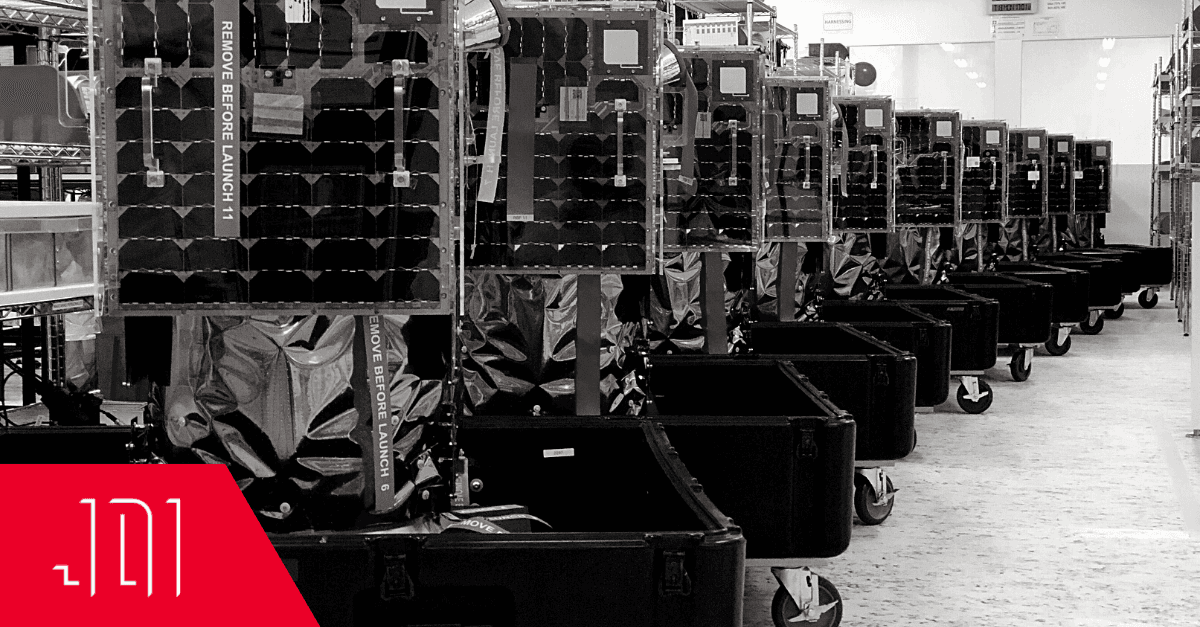The Debrief: MIT Energy Conference 2024
Notes from the MIT Energy Conference: The Energy Transition Grows Up
At the MIT Energy Conference—the largest student-run energy conference in the nation—nearly every panel remarked in some way that the Inflation Reduction Act (IRA) was delivering immense value to startups working in the climate tech and energy transition ecosystem. At the same time, panelists argued that both public and private sectors needed to do more to bridge the gap from pilot to commercialization.
As a self-professed deeptech nerd, particularly when it comes to the energy transition, I was struck at how little the conversation focused on breakthrough innovations and new approaches to solving climate change or future energy crises. Instead, companies seemed to be focused on improving current techniques and driving down costs by making their operations more efficient. Panelists dug into the nuts and bolts of things like procurement policies, permitting processes, and performance guarantees.
This shift away from the thrilling (unveiling the latest technological breakthrough) to the prosaic (operational efficiencies and the dense details of policy & regulation) marks an important moment: the Energy Transition is growing up.
A panel called “The Energy-Water-Food Nexus” explored how climate change was impacting food and water systems and resulting in increased scarcity. “These challenges are interconnected,” one panelist argued. “Unless we realize that and develop tools and analytics to evaluate the tradeoffs between different technologies, policies, social behavioral shifts, we won't be able to address the challenges for a single sector.”
The focus of an interdisciplinary approach resurfaced in another panel on offshore wind energy titled “Winds of Change in the Offshore Landscape.” Offshore wind presents a unique workforce challenge in that it sits at the intersection of disciplines that are traditionally isolated from one another: atmospheric physics, power systems, aerodynamics, meteorology, and more.
The traditional model of training, however, emphasizes that people become an expert in one of these areas rather than across disciplines. For offshore wind but also renewable energy more broadly, there is an opportunity to learn across disciplines in order to develop something complex that addresses the unique challenges we are sure to face.
While the policy discussion reigned supreme, it was not lost on me that the primary audience for the conference were young people looking to break into the industry. I ran into a number of MBA students as well as engineering students who were eager to learn more about what they could expect, but also how to best prepare for a career in the industry.
Just as the energy transition is growing up, education is at a pivotal stage where it needs to evolve if we’re going to have any chance of meeting the moment.




